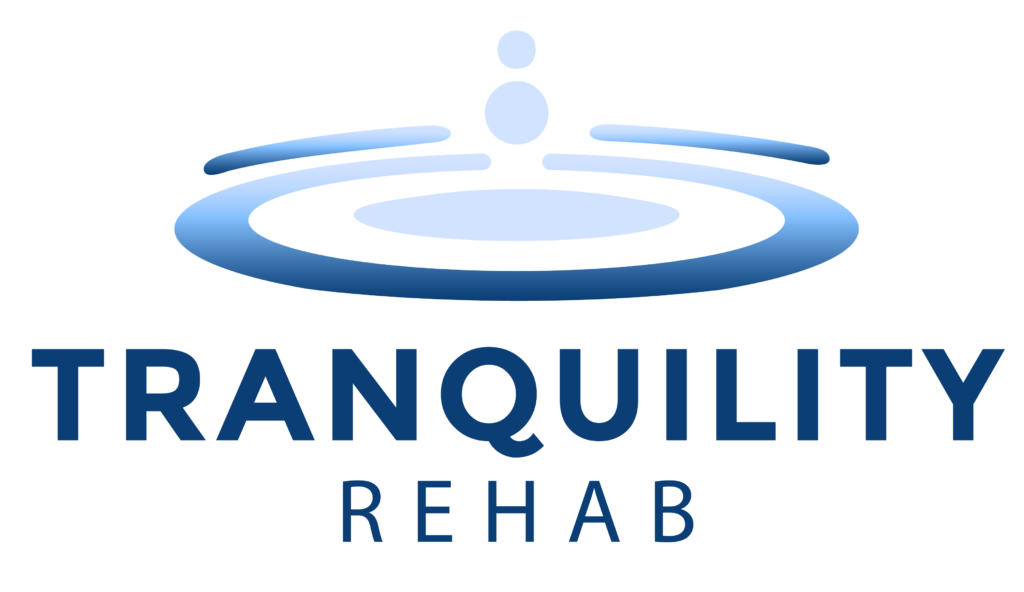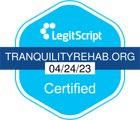Blue Cross Blue Shield Insurance Guide
Does Blue Cross Blue Shield Cover Rehab in California?
Struggling with addiction is hard – trying to pay for it can be overwhelming. But remember, you have the power to take control of your situation. The first step in paying for rehab in California is to check your insurance coverage. Blue Cross Blue Shield (BCBS) is one of the country’s biggest insurance companies. The company covers over 115 million members in all 50 states, Washington, D.C., and Puerto Rico.
The short answer is ‘yes’ – BCBS covers rehab in California, but trying to figure out what your insurance covers, who is considered an in-network provider, and more can be a nightmare. When you have problems with addiction, trying to figure out if BCBS covers rehab in California might seem like more work than trying to take on sobriety on your own – but it doesn’t have to be difficult, not with someone on your side to help you figure it out.
What is Addiction Treatment?
- Assessment and Evaluation: The treatment process often begins with a healthcare professional’s assessment to understand the individual’s substance use history, medical and mental health status, and any co-occurring disorders. This evaluation helps determine the most appropriate treatment plan.
- Detoxification (Detox): For individuals with substance dependence, detox may be necessary to safely manage withdrawal symptoms as the body clears the substance from its system. Detoxification can occur in various settings, including inpatient facilities, outpatient programs, or under medical supervision.
- Medical Intervention: Some individuals may require medications to manage cravings, reduce withdrawal symptoms, or address underlying mental health conditions that contribute to addiction. Medication-assisted treatment (MAT) is often used for opioid, alcohol, and nicotine addiction.
- Therapeutic Interventions: Therapy plays a crucial role in addiction treatment. Evidence-based therapies such as cognitive-behavioral therapy (CBT), motivational interviewing (MI), dialectical behavior therapy (DBT), and contingency management help individuals understand their behaviors, develop coping skills, and address underlying issues contributing to addiction.
- Individual Counseling: One-on-one counseling sessions with a therapist or counselor provide a supportive and confidential environment for individuals to explore their thoughts, feelings, and behaviors related to addiction. Counseling helps individuals identify triggers, set goals, and develop strategies for maintaining sobriety.
- Group Therapy: Group therapy sessions bring together individuals with similar experiences of addiction to share insights, provide mutual support, and learn from one another. Group therapy promotes social connection, reduces feelings of isolation, and fosters community among participants.
- Family Therapy: Addiction affects the individual and their loved ones. Family therapy helps address dysfunctional family dynamics, improve communication, and support the family’s understanding and involvement in recovery.
- Education and Skill-Building: Addiction treatment programs often include educational components to increase awareness of addiction, its effects on the body and mind, and strategies for relapse prevention. Skill-building activities teach individuals healthy coping mechanisms, stress management techniques, and problem-solving skills.
- Aftercare Planning: Recovery from addiction is an ongoing process that extends beyond formal treatment. Aftercare planning involves developing a personalized plan for ongoing support, which may include participation in support groups (e.g., Alcoholics Anonymous, Narcotics Anonymous), continued therapy, vocational or educational assistance, and lifestyle changes to maintain sobriety.
- Holistic Approaches: Some addiction treatment programs incorporate holistic therapies such as mindfulness practices, yoga, art therapy, and acupuncture to promote overall well-being and address the interconnectedness of mind, body, and spirit.
What is Blue Cross Blue Shield?
Blue Cross Blue Shield is a federation of independent health insurance companies operating in the United States. It is one of the country’s largest and most recognized healthcare networks, covering every state, Washington, D.C., and Puerto Rico. BCBS is made up of 36 separate health insurance organizations operating under the BCBS Association.
BCBS plans offer a wide range of health insurance products, including individual and family plans, employer-sponsored plans, Medicare Advantage plans, and Medicaid plans. They provide coverage for various healthcare services, including hospital stays, doctor visits, prescription medications, preventive care, mental health services, and more.
BCBS and Rehab
BCBS covers rehab because addiction treatment is recognized as a critical component of healthcare, thanks to The Affordable Care Act of 2008. Here are several reasons why BCBS, like many other health insurance providers, offers coverage for rehab:
- Healthcare Equity: BCBS, as a healthcare provider, aims to ensure equitable access to necessary medical services for its members. Substance use disorders (SUDs) and mental health conditions are recognized as medical illnesses that require treatment, just like any other health condition.
- Improving Health Outcomes: Addiction is a complex health issue that can have severe physical, psychological, and social consequences if left untreated. By providing coverage for rehab services, BCBS helps individuals access the care they need to overcome addiction, improve their health, and enhance their overall well-being.
- Prevention of Health Complications: Substance abuse can lead to various health complications, including liver disease, cardiovascular problems, infectious diseases, and mental health disorders. By covering rehab services, BCBS aims to prevent or mitigate the development of these complications by addressing the root cause of the problem.
- Reducing Healthcare Costs: Investing in addiction treatment can lead to cost savings for individuals and society. By covering rehab services, BCBS helps individuals address their addiction issues before they escalate into more severe health problems that require costly medical interventions, emergency care, or hospitalizations.
- Compliance with Legal and Regulatory Requirements: BCBS, like other health insurance providers, must comply with state and federal laws mandating coverage for mental health and substance abuse treatment. Laws such as the Mental Health Parity and Addiction Equity Act (MHPAEA) and the Affordable Care Act (ACA) require health insurers to provide equal coverage for mental health and substance use disorder services compared to other medical conditions.
- Promotion of Recovery and Wellness: Addiction is a chronic condition that often requires ongoing management and support. By covering rehab services, BCBS helps individuals access the necessary treatment, counseling, and support services to initiate and sustain recovery, leading to improved quality of life and long-term wellness.
A Promising Tomorrow Begins Today
BCBS In-Network and Out-of-Network Rehab
- In-network rehab services refer to treatment received from healthcare providers, facilities, or programs that have a contractual agreement with BCBS. These providers are part of BCBS’s preferred network.
- In-network coverage often offers more favorable benefits, including lower out-of-pocket costs, because BCBS has negotiated discounted rates with these providers.
- When seeking rehab services within the BCBS network in California, individuals typically have access to a broader range of treatment options, including inpatient and outpatient programs, counseling services, detoxification facilities, and more.
- It’s essential to review your specific BCBS plan documents or contact BCBS directly to understand the details of your in-network coverage for rehab services, including any copayments, coinsurance, deductibles, or limits on the number of covered sessions or days.
- Out-of-network rehab services involve treatment received from providers or facilities that do not have a contractual agreement with BCBS. These providers are not part of BCBS’s preferred network.
- Out-of-network coverage may still be available under certain BCBS plans, but the benefits are typically less generous compared to in-network coverage.
- Out-of-network services may result in higher out-of-pocket costs for individuals, including higher copayments, coinsurance, deductibles, and potentially greater financial responsibility for the full cost of treatment.
- BCBS may require individuals to meet specific criteria or obtain pre-authorization for out-of-network rehab services, and reimbursement rates may be based on customary and reasonable charges.
- It’s crucial to check your BCBS plan documents or contact BCBS directly to understand the extent of your out-of-network coverage for rehab services and any associated costs or requirements.
Tranquility Rehab Can Help Verify Your BCBS Coverage for Rehab in California
BCBS coverage can depend on numerous factors, such as your plan, what providers are considered in-network, and more. Tranquility Rehab knows how hard figuring out what your insurance covers, especially when it comes to rehab in California. That is why we offer insurance verification – taking the guesswork out of your sobriety journey.
If you or a loved one is considering rehab in California and has BCBS insurance coverage, give us a call today to get started. Let us help you verify your insurance, determine your out-of-pocket costs, and create a personalized treatment plan for your sobriety. It all starts with a call!



